The rebellious boomers are finally revealing their untamed adventures of youth.
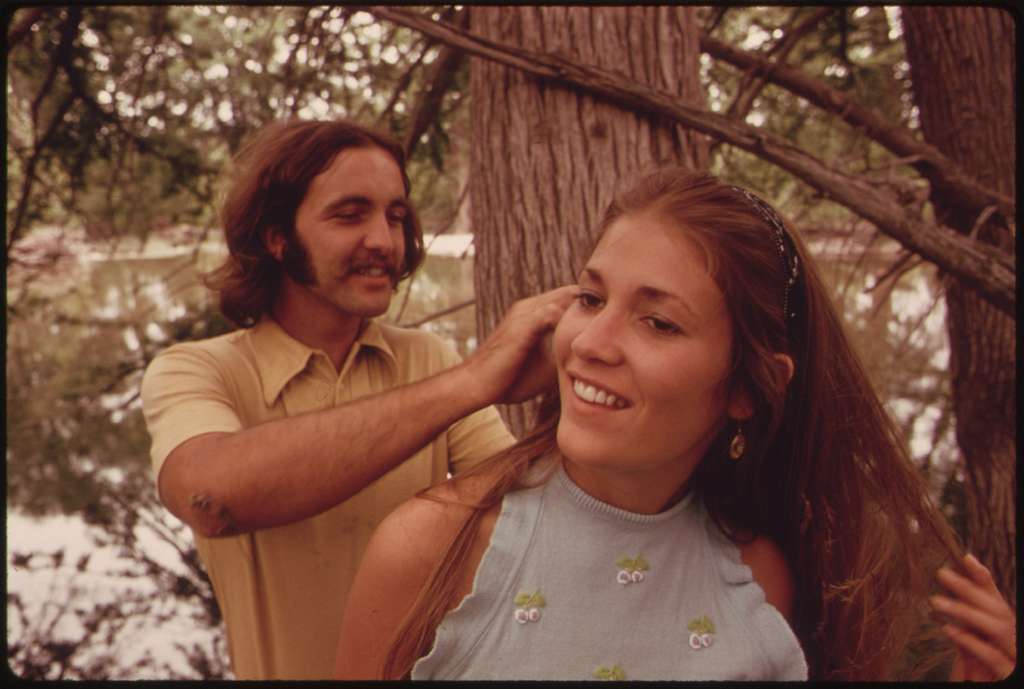
Behind the polished exteriors and family photo albums of baby boomers lies a wild undercurrent of untold adventures. These stories aren’t just folklore or distant echoes of a different time—they’re vivid reminders that this generation was once at the heart of cultural revolutions and personal awakenings. From hitchhiking down highways with nothing but a backpack to living in communes where every meal was shared, boomers embraced a kind of freedom that’s nearly impossible to imagine in today’s tightly-wound world.
As they begin to peel back the layers of time, they’re revealing the messy, unfiltered, and often exhilarating truth of their youth. These aren’t just stories of rebellion—they’re tales of identity, risk, and transformation. They speak to a generation that dared to live loudly, question authority, and follow their impulses, even when the path ahead was uncertain. The boomers’ memories, once hidden or brushed aside, are now being proudly reclaimed and shared.
1. They Hitchhiked Across Entire States Without a Care.

Long before the days of Uber or budget airlines, boomers were masters of spontaneous travel. With a cardboard sign scrawled with a city name and a hopeful thumb, they hitchhiked across states and sometimes even entire countries, as mentioned by Anna Faison at UNC Press Blog. It wasn’t unusual to rely on the kindness of strangers, whether riding in the back of a pickup truck or nestled into a worn passenger seat. The open road was their classroom, and every ride brought new faces, lessons, and destinations.
Sure, there were risks—unpredictable drivers, rough weather, and no GPS to guide the way. But that was part of the appeal. The danger added to the thrill. Boomers who hitched rides weren’t just traveling; they were participating in a cultural ritual of freedom. Each journey added another colorful thread to the tapestry of their youth, and the stories that came from them are the kind you can’t replicate in today’s world of flight itineraries and digital navigation.
2. They Snuck Into Concerts That Defined Generations.
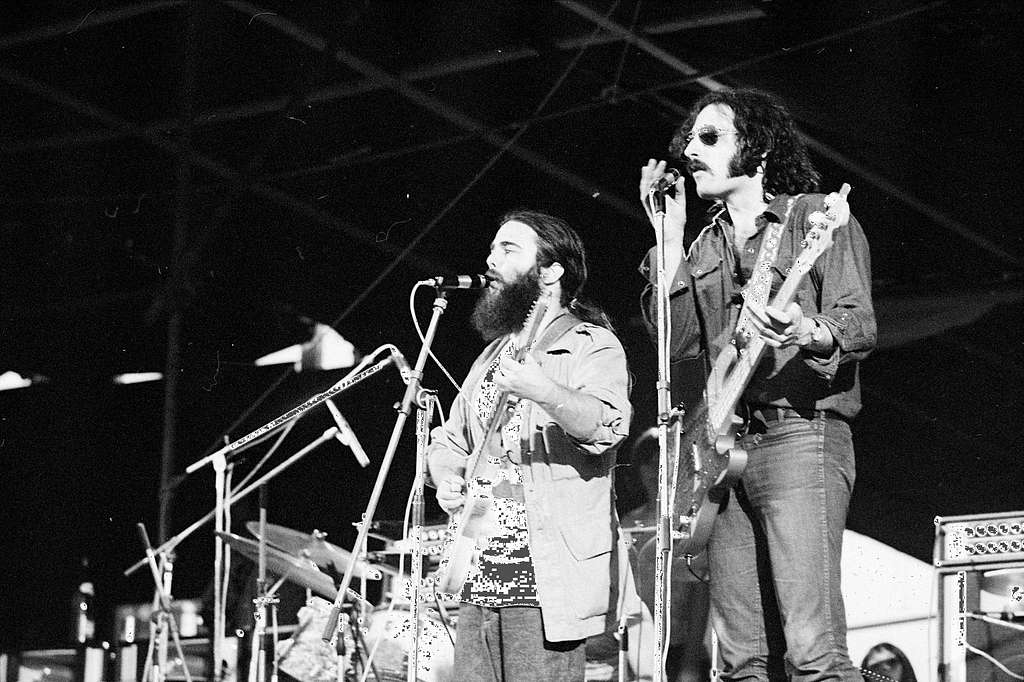
The boomer generation didn’t just listen to music—they lived it. When concert tickets were too expensive or sold out, they didn’t stay home. Instead, they found ways to be there, no matter the cost or consequence. Climbing over fences, bribing security with homemade cookies, or sneaking in through the back door of arenas—these were standard moves in the playbook of young music lovers determined to witness history.
These weren’t just any concerts. We’re talking about cultural milestones—Woodstock, The Beatles’ final shows, impromptu sets in city parks, as stated by Sean O’Hagan at The Guardian. They weren’t passive attendees; they were active participants in the revolution that music brought. Being there wasn’t just about entertainment—it was about belonging. And those moments, often caught on grainy film and hazy memories, became defining chapters in their lives, representing a time when music had the power to shape identity and society.
3. They Lived in Communes to Embrace the Counterculture.
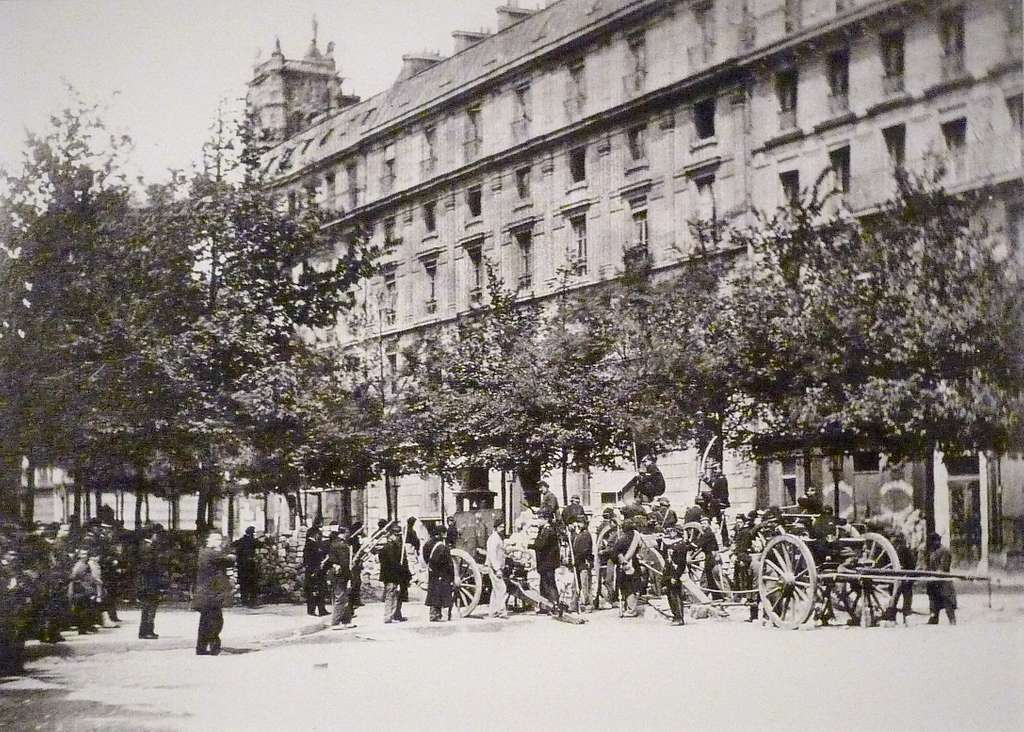
When the conventional path of suburban life didn’t appeal, many boomers sought something radically different—communal living, as shared by writers at Vermont History. These were places where ideals reigned supreme, possessions were shared, and the kitchen table was a site of constant philosophical debate. For those disillusioned with capitalism, war, and rigid family roles, communes offered a haven to experiment with new ways of living and relating to others.
From early morning meditation circles to communal gardens and co-parenting arrangements, these communities were both idealistic and messy. Some lasted only months, others thrived for years. They were often filled with tension, love, hope, and heartbreak. But for those who participated, the experience left an indelible mark. The stories from those days aren’t just about rebellion—they’re about trying, failing, and occasionally succeeding at building a different kind of world.
4. They Protested in the Streets for Social Change.
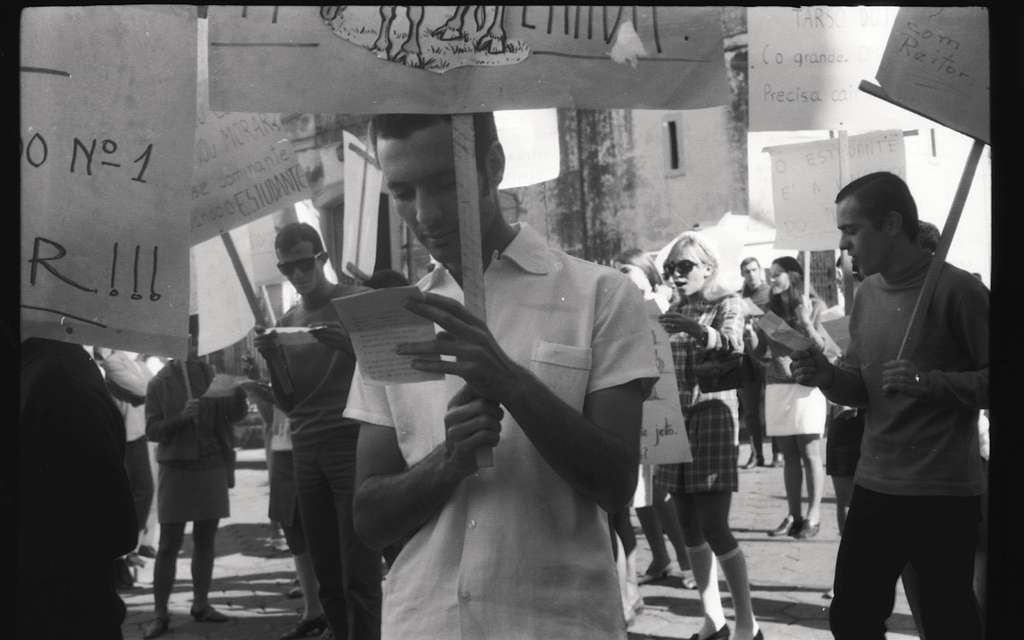
Boomers didn’t just watch history unfold—they marched right into it. In cities across the U.S., they took to the streets demanding civil rights, women’s equality, and an end to war. Whether chanting outside the Pentagon or staging sit-ins at universities, their voices rose in defiance during one of the most politically active periods in modern history. Many were just teenagers, yet they carried the weight of justice on their shoulders.
Protesting wasn’t glamorous. It involved tear gas, nightsticks, and being disowned by conservative family members. But they showed up anyway—determined to reshape the world for the better. These protests weren’t symbolic; they made real change. From desegregation laws to pulling troops out of Vietnam, their activism shaped national policy. The bravery it took to stand firm, especially in a time of deep division, is a powerful legacy they continue to carry.
5. They Experimented Freely With Fashion and Identity.
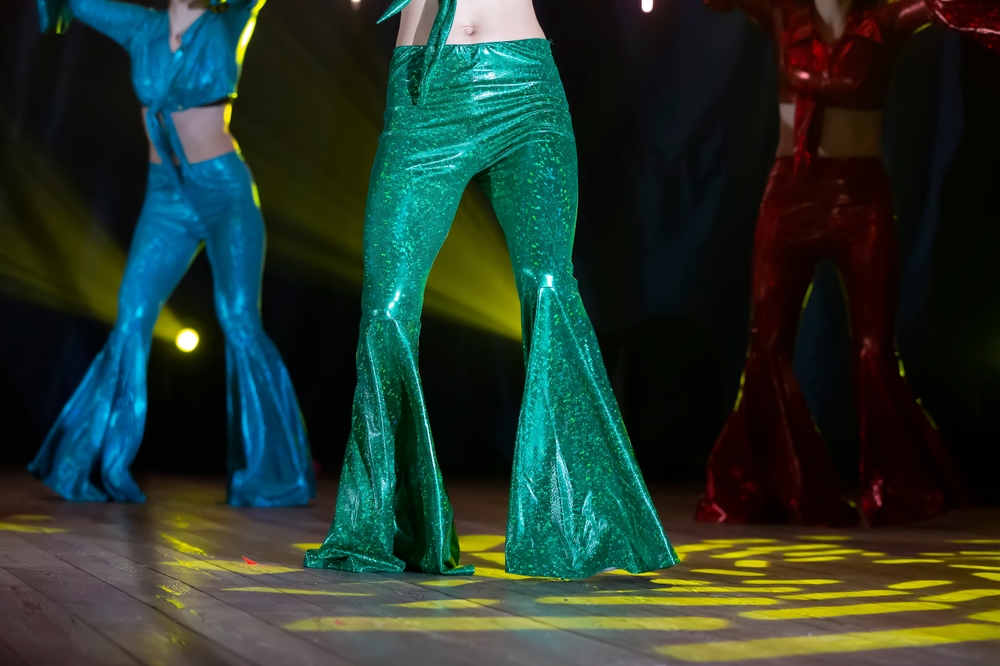
For boomers, fashion was never just about looking good—it was about making a statement. Clothes became their canvas, a loud rejection of the tidy dresses and clean-cut suits of their parents’ generation. Bell-bottom jeans, tie-dye shirts, fringe jackets, and bold prints exploded into everyday wear. Hair grew long, afros rose high, and makeup crossed traditional gender lines.
This was about more than trendsetting. Dressing differently allowed boomers to express values, question gender roles, and identify with movements. Every piece of clothing told a story—of liberation, rebellion, and creativity. Walking down the street became an act of defiance. Looking back, these style choices might seem dated, but in their time, they were radical. These aesthetic decisions were public declarations that they wouldn’t be boxed in by the expectations of others.
6. They Road-Tripped Without Maps or GPS.

Before smartphones and navigation apps, road trips were thrillingly uncertain. Boomers would hop into their cars with friends, throw some essentials into the trunk, and just go. They’d consult folded highway maps or, more often, rely on intuition and roadside signs. Detours were common—sometimes accidental, sometimes intentional. These adventures weren’t planned out, and that was exactly the point.
They stumbled upon ghost towns, hidden diners, and strange roadside attractions. Some got hopelessly lost; others ended up in entirely different states than planned. But no matter where they landed, the stories that emerged were always unforgettable. It wasn’t about the destination—it was the shared laughter during flat tires, sleeping in cars, or dancing under gas station lights. Those spontaneous journeys created deep friendships and a sense of independence that stuck with them for life.
7. They Took Risks to Pursue Their Passions.
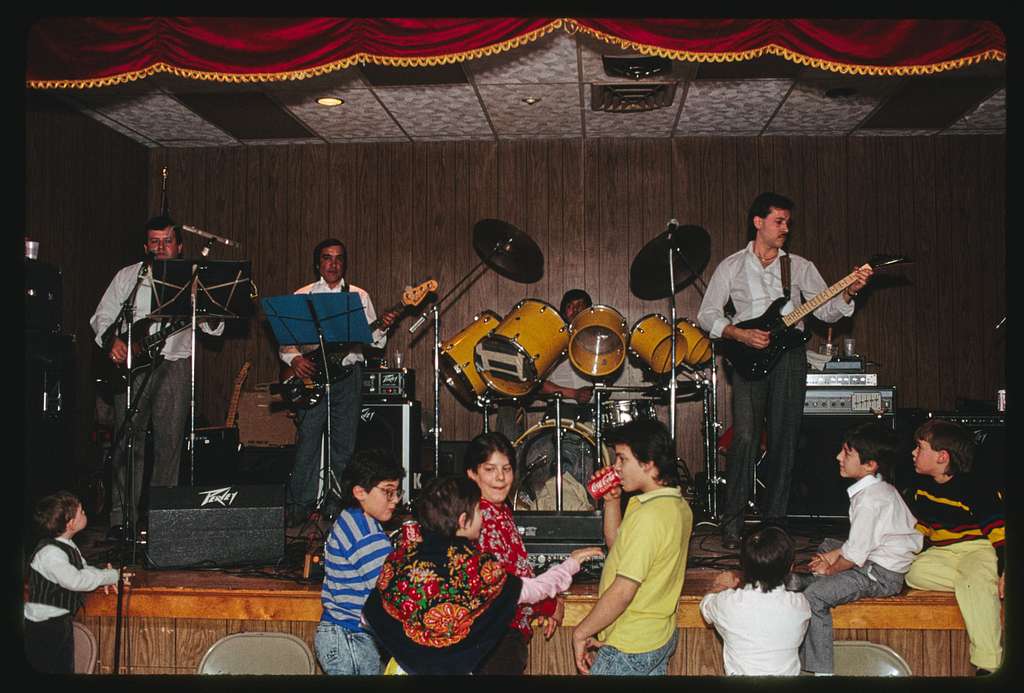
Boomers weren’t afraid to leap before looking. In an era when settling down early was the norm, many chose to chase dreams instead. They dropped out of school to start bands, moved to cities with no job lined up, or sold everything to travel the world. For them, passion wasn’t a side project—it was the point of life.
Sometimes, these risks led to success. Other times, they led to heartbreak or starting over. But either way, the experience shaped them. They learned resilience, creativity, and the joy of betting on themselves. Their stories are full of what-ifs, near-misses, and big wins. Most importantly, they prove that a life lived on your own terms, even if rocky, is often the most meaningful kind of journey.
8. They Partied in Iconic Venues That Are Now Legends.
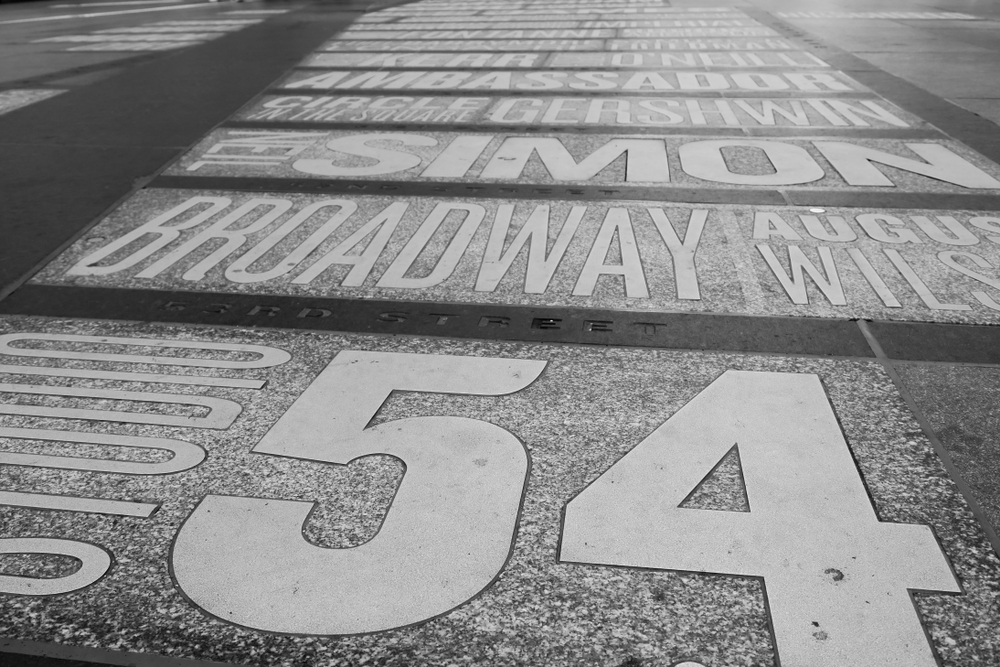
The boomers didn’t just attend parties—they helped create cultural landmarks. They danced in the electric energy of Studio 54, where artists, musicians, and misfits collided under disco balls. They lounged in smoky jazz clubs, losing track of time with live music echoing through dimly lit rooms. These weren’t just nights out—they were defining moments in a generation’s social evolution.
Those spaces were alive with experimentation and connection. Boomers didn’t need a VIP list to feel special—the music, the people, the risk of the unknown was enough. These memories still burn bright, filled with stories of meeting future icons, falling in love with strangers, or staying out until sunrise. These venues may now be museums or parking lots, but in the hearts of boomers, they remain sacred ground.
9. They Took Stands Against the Vietnam War.
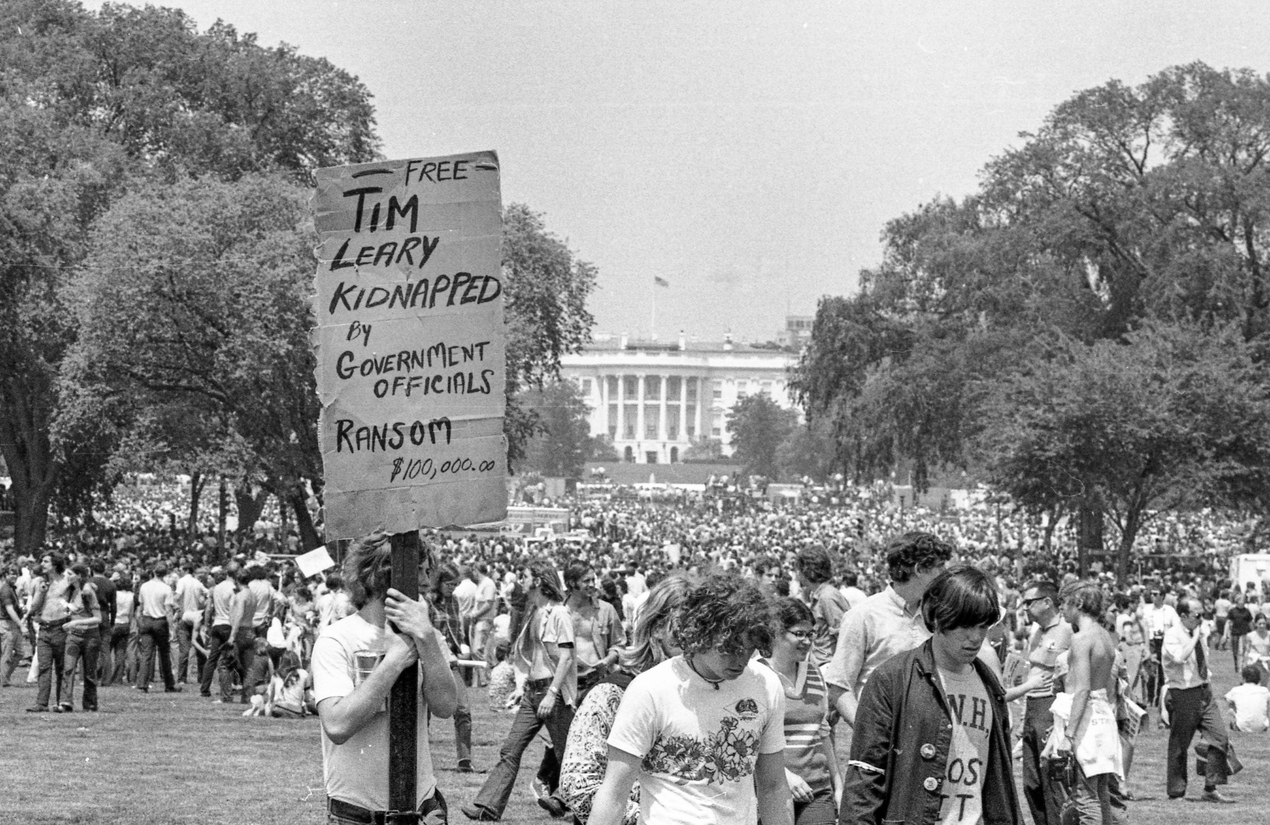
The Vietnam War ignited something powerful in many boomers—a refusal to accept a war they didn’t believe in. They tore up draft cards, fled to Canada, and joined massive rallies that stretched across campuses and cities. These actions weren’t taken lightly; they risked their futures, their freedom, and often their relationships.
Family dinners turned into battlegrounds. Friendships broke. Yet they stood firm. To them, resisting the war wasn’t unpatriotic—it was a moral imperative. These weren’t just political stances—they were deeply personal choices rooted in conscience. And today, those who resisted look back not with regret, but with pride, knowing they acted from a place of integrity and helped shape a new era of accountability.
10. They Embarked on Spiritual Journeys Around the World.
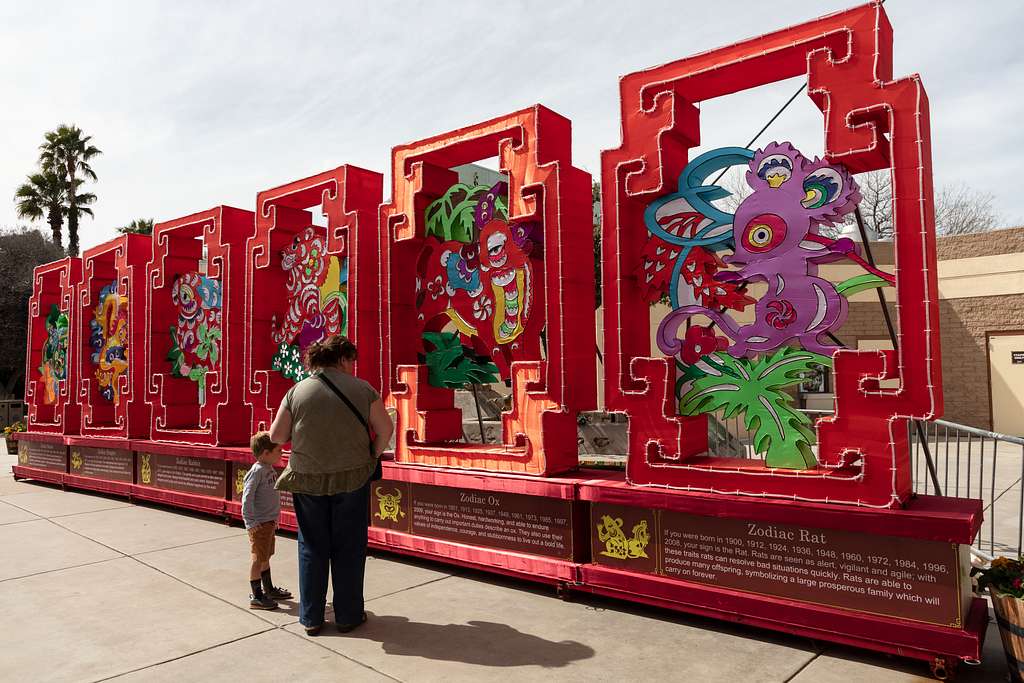
In search of deeper meaning, many boomers turned to spiritual paths far from home. They traded suburban routines for ashrams in India or meditation retreats in the mountains. Inspired by Eastern philosophy and the teachings of spiritual leaders, they sought enlightenment in ways their parents could never understand.
These weren’t just passing interests—they were life-changing pilgrimages. Some stayed abroad for years, learning new languages, embracing vegetarianism, and adopting entirely different ways of seeing the world. Others returned home with a newfound clarity that shaped their careers, relationships, and beliefs. These spiritual quests weren’t easy, but they were honest. In an age of materialism, boomers chose a different kind of wealth—inner peace.
11. They Built Friendships That Stood the Test of Time.

Boomers forged bonds that ran deep. Whether it was a friend from the commune, a fellow protester, or someone met on a dusty road trip, these relationships became the foundation of their lives. These weren’t casual connections—they were lifelines during uncertain times, when family often didn’t understand or support their choices.
They supported each other through breakups, breakthroughs, and everything in between. Decades later, those same friends are still sending birthday cards, reminiscing over old photos, and showing up for each other. These friendships are the glue of their stories, holding together the wild moments with warmth, loyalty, and understanding. For boomers, friendship was never about convenience—it was about commitment and shared history.
12. They Smoked Like Chimneys Without a Second Thought.
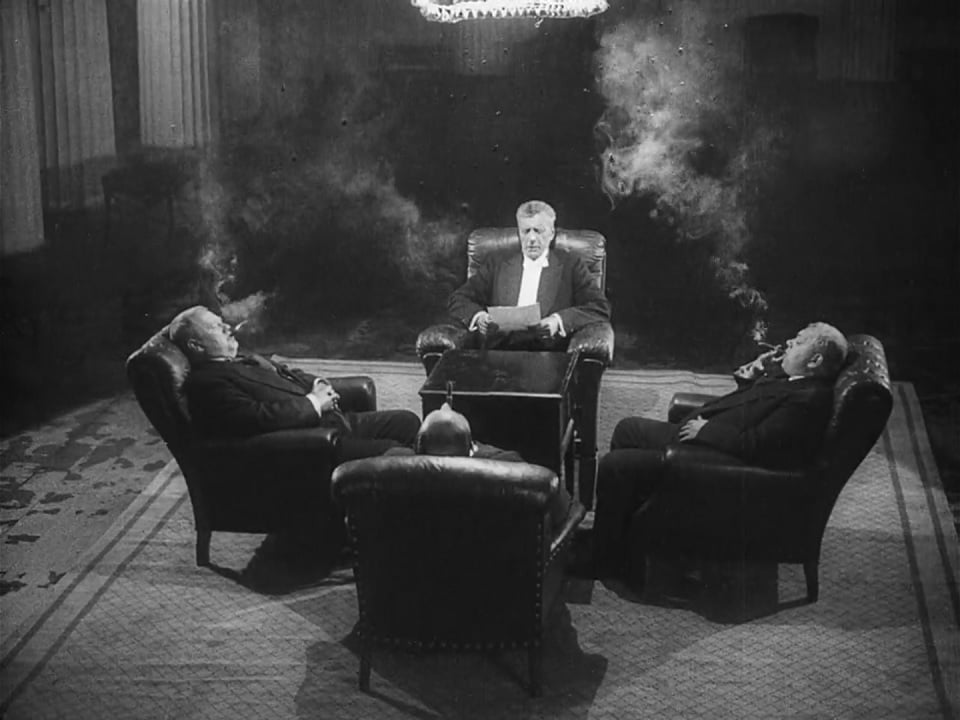
In boomer youth, lighting up was part of the culture. Cigarettes were everywhere—in cars, restaurants, even hospitals. They were passed around at parties, used to punctuate conversations, and glamorized by Hollywood idols. Hardly anyone thought about lung cancer or addiction. Smoking was just what you did—it was as common as drinking coffee or chewing gum.
But as time passed and awareness grew, many came to regret the habit. Those who quit look back with both nostalgia and disbelief. They remember smoky dorm rooms and ashtrays overflowing at family dinners, but also the difficult process of quitting and the health consequences that followed. It’s a reminder that cultural norms can shift dramatically—and that the lessons from their past can help future generations make wiser choices.
